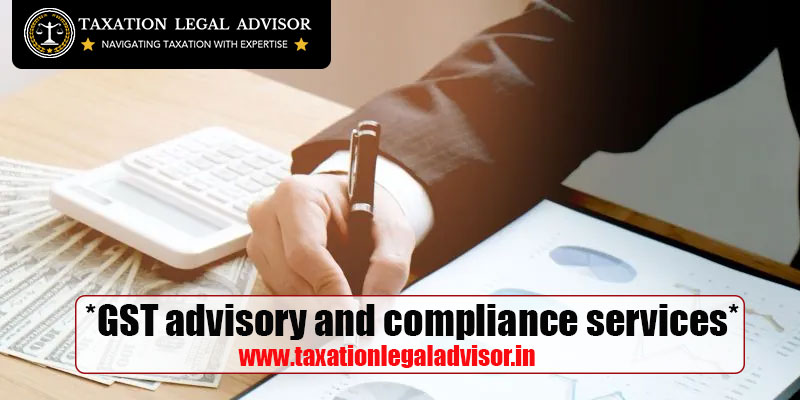Advisory on Case Insensitivity in IRN Generation in GST | Taxation Legal Advisor
The Goods and Services Tax (GST) regime has introduced several digital reforms to streamline tax compliance, including the *Invoice Reference Number (IRN)* generation system. However, many taxpayers face challenges due to *case sensitivity issues* while generating IRNs, leading to validation failures.
At Taxation Legal Advisor, we provide expert *GST advisory and compliance services* to help businesses navigate such technical challenges. In this blog, we discuss the implications of *case insensitivity in IRN generation* and how taxpayers can avoid common errors.
What is an Invoice Reference Number (IRN)?
The *IRN (Invoice Reference Number)* is a unique *hash-based 64-character alphanumeric identifier* generated for every invoice under the GST e-invoicing system. It is created using:
– Supplier GSTIN
– Invoice number
– Financial year
– Document type
The IRN ensures *invoice authenticity* and prevents duplication. However, discrepancies in *uppercase/lowercase letters* in the invoice number can lead to IRN generation failures.
Understanding Case Insensitivity in IRN Generation
1. Common Issue: Invoice Number Format
The *GSTN portal* treats invoice numbers as *case-insensitive* for IRN generation.
Example: If an invoice is uploaded as *”INV-001″, but the supplier’s system has it as *”inv-001″**, the portal will still recognize it as valid.
However, some *ERP/accounting software* may enforce case sensitivity, leading to mismatches.
2. Impact of Case Sensitivity Errors
– *IRN generation failure* due to system mismatch.
– *Rejection of e-invoices* during validation.
– *Compliance risks* under GST laws.
3. GSTN’s Clarification on Case Insensitivity
The *GST Network (GSTN)* has clarified that:
“The invoice number field is case-insensitive for IRN generation. However, taxpayers must ensure consistency in their records to avoid reconciliation issues.”
Best Practices to Avoid IRN Generation Errors
To prevent IRN-related discrepancies, businesses should:
✅ *Standardize Invoice Number Formats* – Use either *ALL UPPERCASE* or *all lowercase* for uniformity.
✅ *Verify Data Before Submission* – Cross-check invoice details in the *e-invoice portal* and accounting software.
✅ *Update ERP/Accounting Systems* – Ensure software aligns with GSTN’s *case-insensitive* validation.
✅ *Consult GST Experts* – Seek professional assistance for *GST compliance and e-invoicing* to avoid errors.
How Taxation Legal Advisor Can Help?
At Taxation Legal Advisor, we offer:
✔ *GST Compliance & E-Invoicing Support*
✔ *IRN Generation & Validation Assistance*
✔ *Legal Advisory on GST Disputes*
✔ *GST Audit & All Type Tax Litigations*
Need Help? 📞 Call us at +91 9034263307 or visit Taxation Legal Advisor for expert guidance.
Conclusion
Understanding *case insensitivity in IRN generation* is crucial for seamless GST compliance. By adopting standardized invoice numbering practices and leveraging expert support, businesses can avoid validation errors and ensure smooth e-invoicing processes.
For *professional GST advisory and legal assistance*, trust Taxation Legal Advisor – your partner in hassle-free tax compliance!










